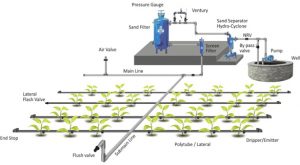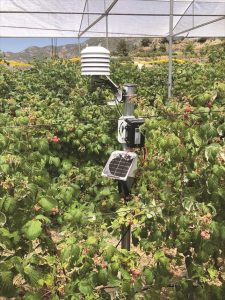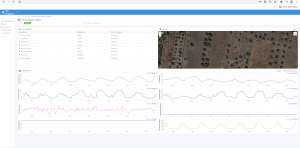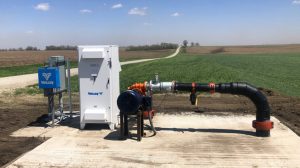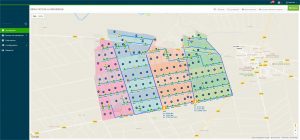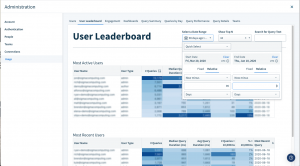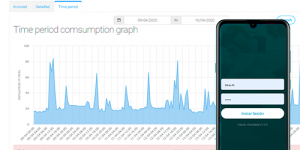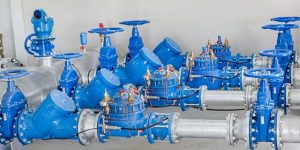Agricultural irrigation
IWaterS provides services and irrigation systems to Management Bodies. Offers complete proposals aiming to meet the needs using modern technology equipment.
iWaterS provides services and irrigation systems to Management Bodies. Aiming at the modernization of irrigation networks and better management of water resources.
Agricultural irrigation
IWaterS provides services and irrigation systems to Management Bodies. Offers complete proposals aiming to meet the needs using modern technology equipment.
iWaterS provides services and irrigation systems to Management Bodies. Aiming at the modernization of irrigation networks and better management of water resources.
Urban irrigation
IWaterS specializes in urban irrigation studies. Complete innovative solutions are provided regarding the irrigation of buildings and green spaces. Irrigation studies of green spaces aim at water efficiency and aim to improve the environmental behavior of these spaces.
Recognizing the burden and increasing pressures on the water network, iWaterS has developed remote monitoring – control systems as well as leak detection systems adapted for greenhouse irrigation networks.
The solutions proposed achieve the continuous monitoring and supervision of important parameters such as the functions of the irrigation networks of each common green space (supply, pressure, consumption, etc.), the collection and storage of historical data and the execution of manipulations to control the active elements of the irrigation system of the green areas. The requirements of the planted areas in water can be estimated daily (ETC- Water balance) in order to apply the appropriate irrigation dose to meet the needs.
The systems are managed via remote controllers, which can be done remotely via NB-IoT technology mobile wireless connection or using a connection router. In combination with the use of microclimatic or meteorological stations, it is possible to fully automate the irrigation process based on the prevailing conditions. In addition, the use of optional sensors provides the possibility of autonomous change of irrigation cycles based on soil moisture and rainfall rates with the possibility of customization by the user.
The aim of these systems is on one hand the central monitoring of all irrigation networks available to the green services and on the other hand the timely detection of the origin of water losses and the timely treatment of faults, immediately notifying the authorities

